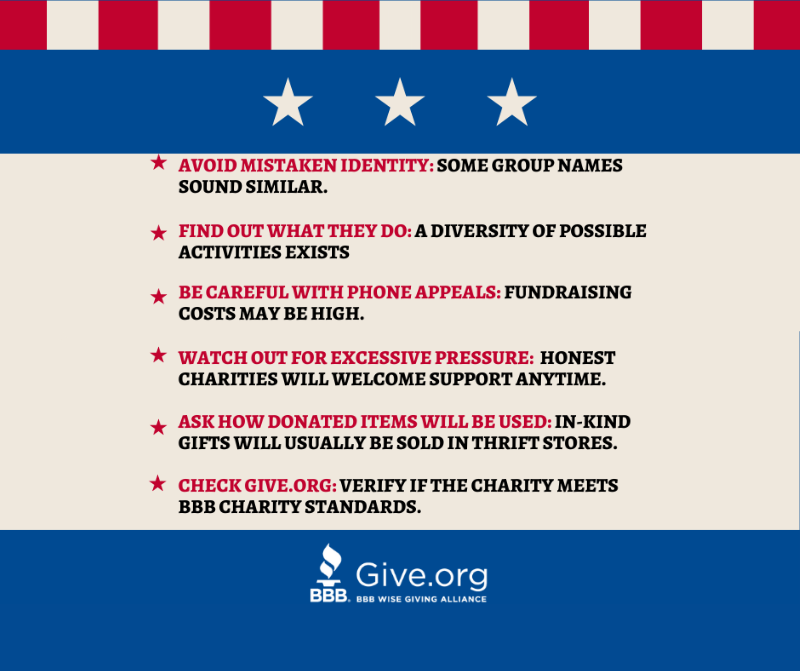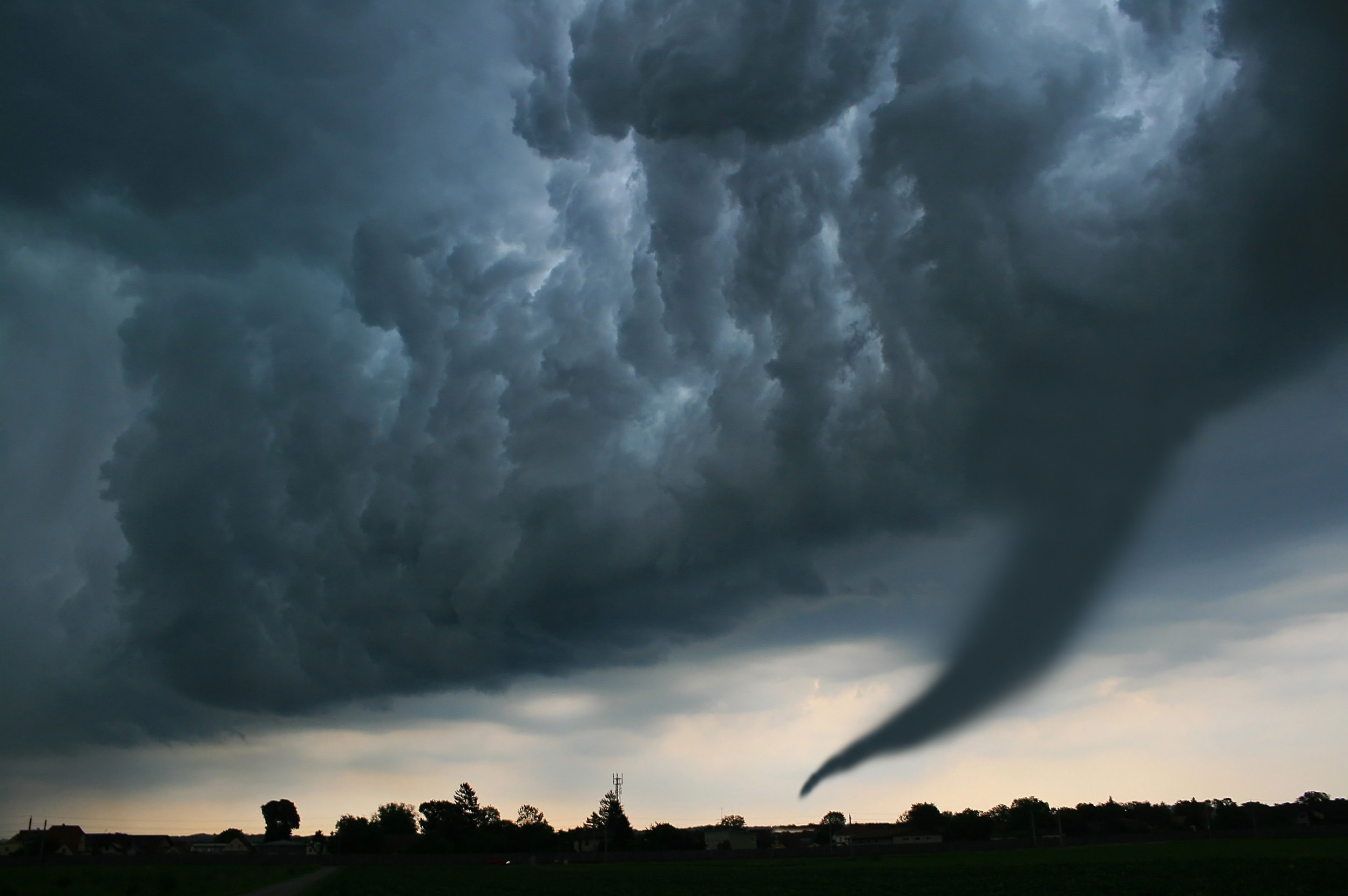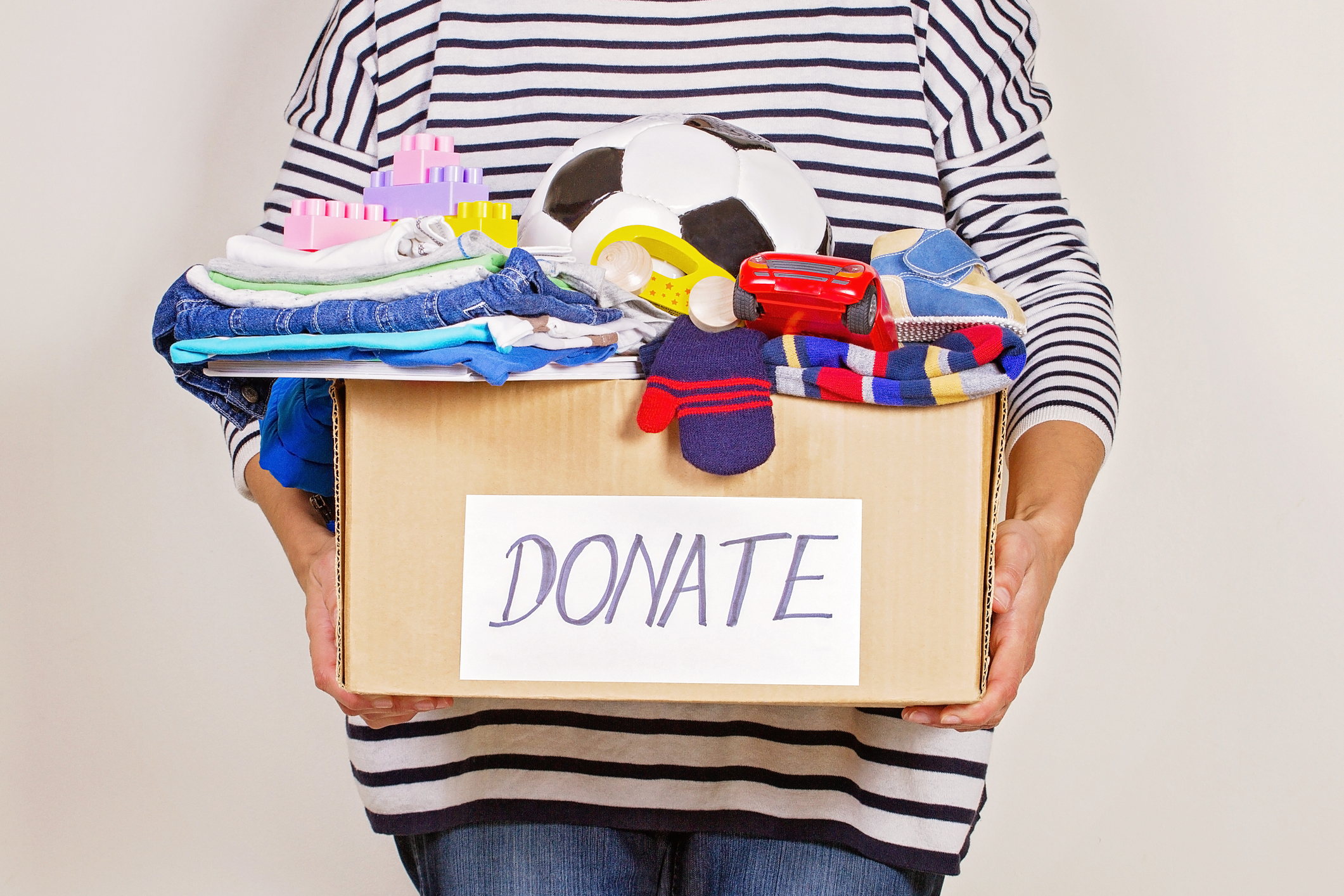What to Consider When Donating to Military and Veterans Charities
To help contributors make wise giving decisions about charities that address needs facing veterans, military service members and/or their families, BBB Wise Giving Alliance offers the following advice.Background
The impact of World War I led to the development of new nonprofit organizations which sought to help devastated areas overseas, displaced populations, and a large number of wounded soldiers. This growth in charity work during and after WWI was a significant factor that contributed to the establishment of the National Charities Information Bureau (NCIB) and the need for reports on charities by Better Business Bureaus. (NCIB and the national charity reporting program at BBB merged in 2001 to form the BBB Wise Giving Alliance.) Overall, this reflects a legacy of over a century of experience in reporting on veterans and military service charities.
For purpose of the following report, the term veterans charities refer to both organizations that assist former members of the armed forces as well as those groups that provide assistance to active-duty service members and their families.
Avoid Mistaken Identify:
Some military and veterans charities include the same words in different order or slightly different form. Make sure the organization is the one you want to support.
According to the 2020 IRS Data Book, there are over 28,000 organizations that are tax exempt as veterans organizations under section 501(c)(19) of the Internal Revenue Code. Keep in mind that this total does not include other charities that address veterans and military service members that are tax exempt as charities under section 501(c)(3). Combining these and other tax exempt categories, The Bush Institute estimates that over 45,000 nonprofit organizations that serve U.S. veterans, active service members and/or their families. With that volume, it is not surprising that some of them have similar sounding names. While some similarities are inadvertent, others are established with an intent to deceive. If you are unfamiliar with a group, it’s best to find our more by going to their website and/or accessing reports on charity monitoring organizations such as BBB’s Give.org to help ensure their trustworthiness.
Find Out What They Do:
Don’t assume what the military or veterans organization does based on their name alone. Look for a clear description of the organization’s programs in its appeals and on its website.
The variety of activities addressed by veterans organizations is not only a reflection of the sheer number of these organizations but also the diversity of their missions. In most instances, donors really can’t identify what an organization does based solely on its name. The range of activities is vast and include such things as helping veterans apply and access benefits from the Veterans Administration, providing rehabilitative services for wounded and injured service members, assisting with housing needs, offering food and other essentials, helping with higher education options, conducting employment training and job placement, and assisting with mental health services and those suffering from post-traumatic stress. Some groups are focused on just one of these services, but others might offer a variety of activities. Usually, the organization’s website will provide a comprehensive overview of their program services. The latest annual report, if available on the website, may be a good place to start.
To find out more about different types of military and veterans organizations visit our Veterans & Military Cause Page.
Be Careful with Phone Appeals:
If not managed properly, some telemarketing campaigns for military or veterans organizations can be an expensive way to raise funds with very little going to the organization. If called, seek out information on the group’s programs and finances before donating.
One method of fundraising that has, at times, become associated with questionable solicitations by veterans organizations is telemarketing (or telefunding.) While telemarketing can be an effective fundraising technique to encourage previous supporters to donate greater amounts, it is also used by those seeking to take advantage of Americans’ sentiments towards veterans and service members in need. Charities that solely rely on telemarketing as a means to raise funds can sometimes face situations in which professional fundraising companies are paid 80% or more of the collected funds. Making “cold calls” to individuals that have never before contributed to the charity usually has a very low rate of return. Over the years, a number of veterans organizations have been the subject of scandals involving not only high fundraising costs from telemarketing but also misleading statements to the public about their program service activities. In fairness, the vast majority of veterans and military service organizations are not engaged in these practices but donors should be cautious with phone appeals to avoid being taken.
Watch Out for Excessive Pressure.
Don’t be pressured to make an immediate on-the-spot donation to a veterans organization. Charities should welcome your gift whenever you want to send it.
Questionable solicitors make seek to take advantage of public sympathy for veterans and/or active service members and demand an on-the-spot gift decision so that you won’t have time to check them out. Well-managed charities will welcome support at your convenience and encourage you to learn more about their activities. Whether such perceived pressure appears in a phone solicitation or a direct mail appeal, donors should see this approach as a red flag to signal the importance of finding out more about the organization before making a contribution decision. Visit the group’s website and see if there is an evaluative report on BBB’s Give.org.
Ask How Donated Items Will Be Used.
Find out how the charity benefits from donated clothing and other in-kind gifts. Sometimes the charity receives only a small portion of the resale price of the item in a thrift store.
Over the years, the solicitation for donated clothing and other in-kind gifts has become a popular means to raise fund for a number of veterans organizations. The circumstances for how this works vary from group to group. In some cases, the veterans charity will have an agreement with an outside company that will collect donated items on its behalf and then sell them in a thrift store that the outside company manages. Depending on the contract the charity may receive a small portion of the re-sale of these items or a flat fee for each household pickup of a certain size (e.g., a plastic, trash bag) no matter what is included in the pickup. In other cases, the charity may operate a thrift store that it owns and the revenue over expenses incurred at the store will go to the veterans charity. You generally will not know how the arrangement works unless you ask the charity or find an explanation on the organization’s website. Bottom line, with rare exception, the donated items provided are not likely to be distributed to needy veterans. They will probably be re-sold at a thrift store or in cases of items in poor condition, such as worn clothing, they could be sold to a company that tuns them into rag-bond paper. If you do make a donation of clothing or in-kind gifts, ask the charity for a receipt to prove that you provided donated goods on a certain date. It is up to the donor to keep records of what items were provided and calculate an estimated value, which is usually the price the item would sell in a thrift store. For more information on the deductibility of donated items see the following IRS publication on Determining the Value of Donated Property. For more information on donating clothing to charities, the following Wise Giving Guide article may be helpful.
Check out Give.org
Visit BBB’s Give.org to verify if the soliciting veterans or military service charity meets the 20 BBB Standards for Charity Accountability (i.e., a BBB Accredited Charity). These comprehensive standards address a variety of issues (such as charity governance, finances, results reporting, and appeal accuracy) and go beyond what government agencies require. Donors might still want to check with their state government’s charity registration agency, usually a division of either the Attorney General’s office or Secretary of State’s office. Keep in mind that a charity’s registration with any of these state authorities does not mean the agency endorses or recommends the subject organization, but it can be helpful to verify that a charity has properly registered to solicit funds. In Canada, check with the Canada Revenue Agency.
Q&A on Supporting Veterans Charities
What are the top veterans charities?
The “top” or “best” veterans charities are really a personal judgment for the donor. As explained above, there are a variety of veterans groups from which to choose covering all types of missions and activities to help veterans in need. Also, veterans groups may be national in scope or regional, large, or small, and some have been around for decades while others are more recently established. The key is to make sure you find out about the nature of their program services you are supporting and check the evaluative charity reports available at BBB’s Give.org before you contribute.
Are contributions to veterans organizations tax deductible?
In 1972, a new tax-exempt status category for veterans organization was created: section 501(c)(19) of the Internal Revenue Code. This tax-exempt status defined a special category for veterans charities that have memberships consisting of past or present members of the U.S. armed forces. However, the initial reason this new category was created was to avoid charging Unrelated Business Income Tax to veterans groups that received a portion of premiums for members’ insurance policies. In general, public contributions to 501(c)(19) organizations are deductible as charitable gifts for federal income tax purposes. In addition to 501(c)(19) organizations, some publicly soliciting charities that are tax-exempt under section 501(c)(3) of the Internal Revenue Code also solicit to help assist veterans or active service members. These 501(c)(3) groups, however, do not generally have a membership consisting of veterans.
Donations to veterans organizations that are tax exempt as charities under section 501(c)(3) of the Internal Revenue Code as well as the special category for veterans groups, section 501(c)(19), are deductible as charitable gifts for federal income tax purposes. For mor information on tax deductibility see IRS Publication 526 Charitable Contributions and IRS Publication 561 Determining the Value of Donated Property.
What are some of the significant issues faced by today’s veterans and/or active-duty service members?
Each veterans organization will have their own perspectives and experience on what issues they believe are most important to address. A few years ago, however, The Bush Institute at the George W. Bush Presidential Center, produced a report on leading practices among nonprofit organizations serving post 9/11 veterans and also held a conference to further discuss these matters. One of their findings was that “Rarely are two veteran-serving organizations created equal. There is an incredible degree of diversity across the community of veteran-serving organizations. That is true in their focus, models, and methods.” The report details various other findings and conclusions that sheds light on practices that may of interest to both donors and veterans groups. One of the two key areas featured at the conference held in Dallas was the growing importance of available mental health services for veterans, especially those suffering from post-traumatic stress. In addition, helping veterans with job placement and employment after their military service is another key area of concern.
Does the U.S. Department of Veterans Affairs (or Veterans Affairs Canada) already cover the needs of veterans?
Charities related to the causes of veterans and their families have long had a vital role in American and Canadian society. The needs of troops returning home, which can extend far beyond their return, have always exceeded the capacity of government. The public has generally been very sympathetic to those who serve and their families and has generously supported many of the charities formed to assist them. Unfortunately, sometimes donors give without sound information about the veterans charities that ask for their help.
What should be considered for donating a car to a veterans charity?
For those seeking advice on making a car donation, see BBB Give.org’s guide to car donations and IRS’ Donor’s Guide to Vehicle Donation. Also keep in mind that in many instances, car donations are sold at auctions where the charity only receives a small portion of the re-sale price of the car.










